German Chancellor Olaf Scholz previously suggested new vote could be held in March, following the breakdown of his ruling coalition.
Germans are set to head to the polls on 23 February according to domestic media reports, after internal conflict left the country's ruling coalition ruptured last week.
Leader Scholz and the head of the country's largest opposition party, the Christian Democratic Union (CDU), Friederich Merz came to agreement that a no confidence vote should be set for 16 December, with elections to follow in February of next year.
Scholz previously suggested a no confidence vote to be held 15 January, with elections following around March.
This was rejected by Merz, who argued that Scholz's government were no longer able to claim a parliamentary majority in order to run the country effectively.
Local media reports say that the leaders of both the CDU and Scholz's Social Democrats (SPD) came to the agreement on Tuesday, with a special session planned for the evening to discuss further action.
The Greens and the Free Democratic Party (FDP) — the two parties who formed the previous ruling coalition with the SPD — said they supported the decision.
"I think that with this date, there is now clarity for citizens," said Green parliamentary group leader Britta Hasselmann, referring to the political chaos surrounding the government since its coalition collapsed.
Scholz will ask the question of no confidence in the Bundestag on 16 December. His government is widely expected to not survive the vote, with elections set to follow 60 days later.
Germany's Deputy Chancellor Robert Habeck has already announced his decision to run for the chancellor role.
A member of the Greens, his party has seen their popularity plummet as one part of a contentious ruling coalition. The latest poll puts the Greens at around 12%, according to public broadcaster ZDF.
The CDU is currently leading in the polls with 33%. The SPD holds on to 16%, and the Alternative for Germany (AfD) party currently has 18% of the vote.
The majority of Germans welcome an earlier election, with 84% in favour of voting earlier than scheduled.
Federal elections were originally scheduled to be held late next year, but have been dramatically pulled forward after Scholz fired his Finance Minister Christian Lindner over irreconcilable differences centring around economic policy.
Lindner's FDP ministers withdrew from the coalition last week, leaving Scholz without a parliamentary majority and facing increasing demands from the opposition to hold a no-confidence vote.

 4 months ago
39
4 months ago
39
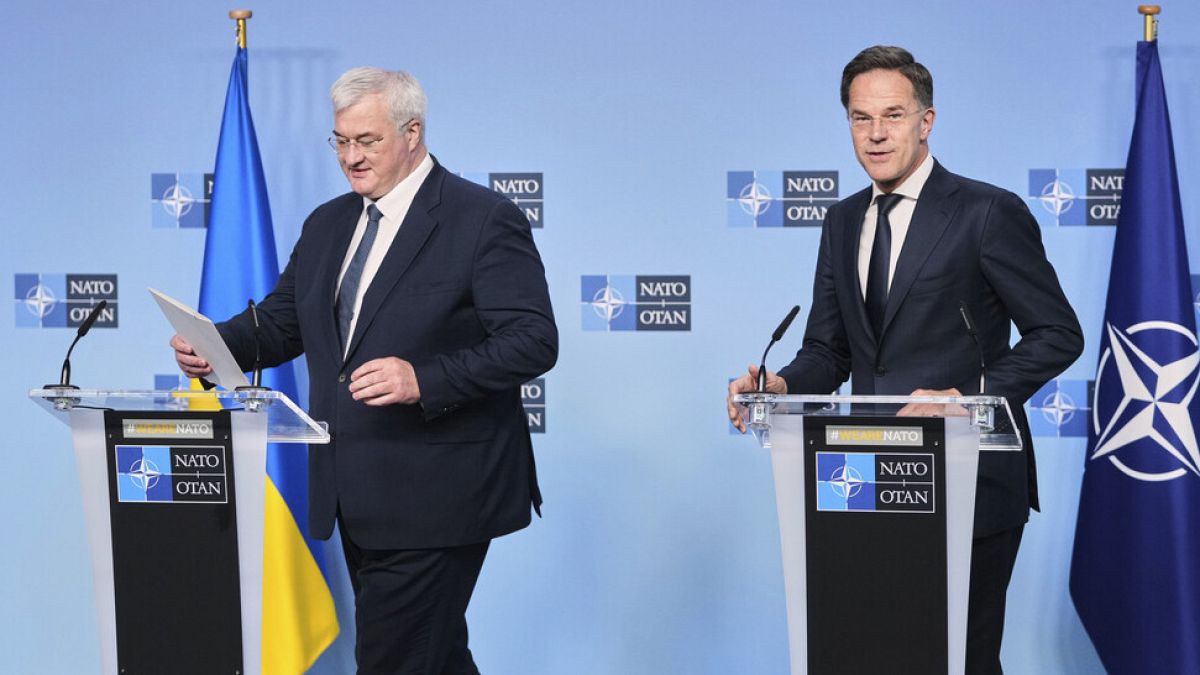

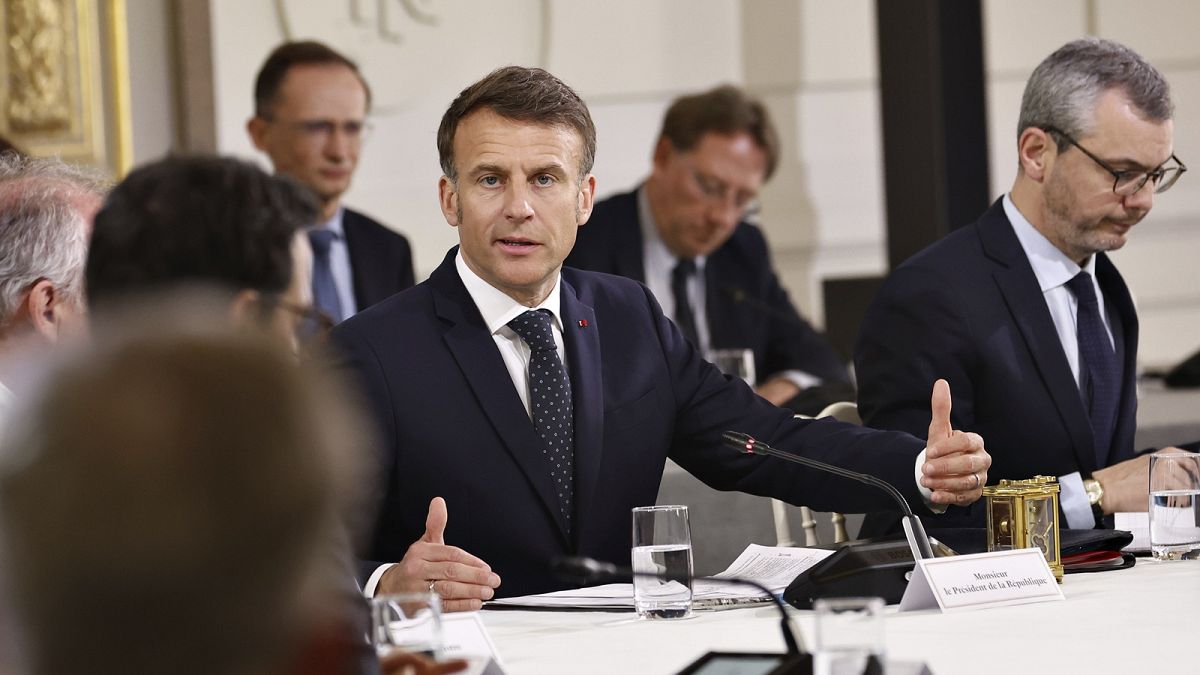
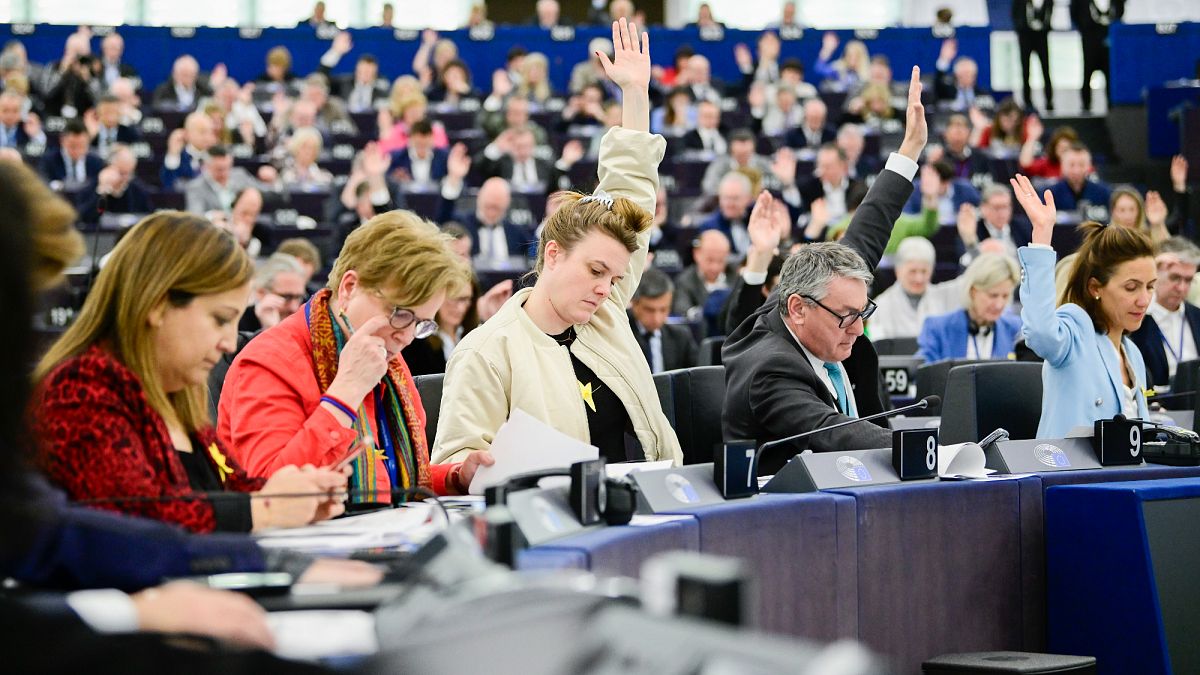
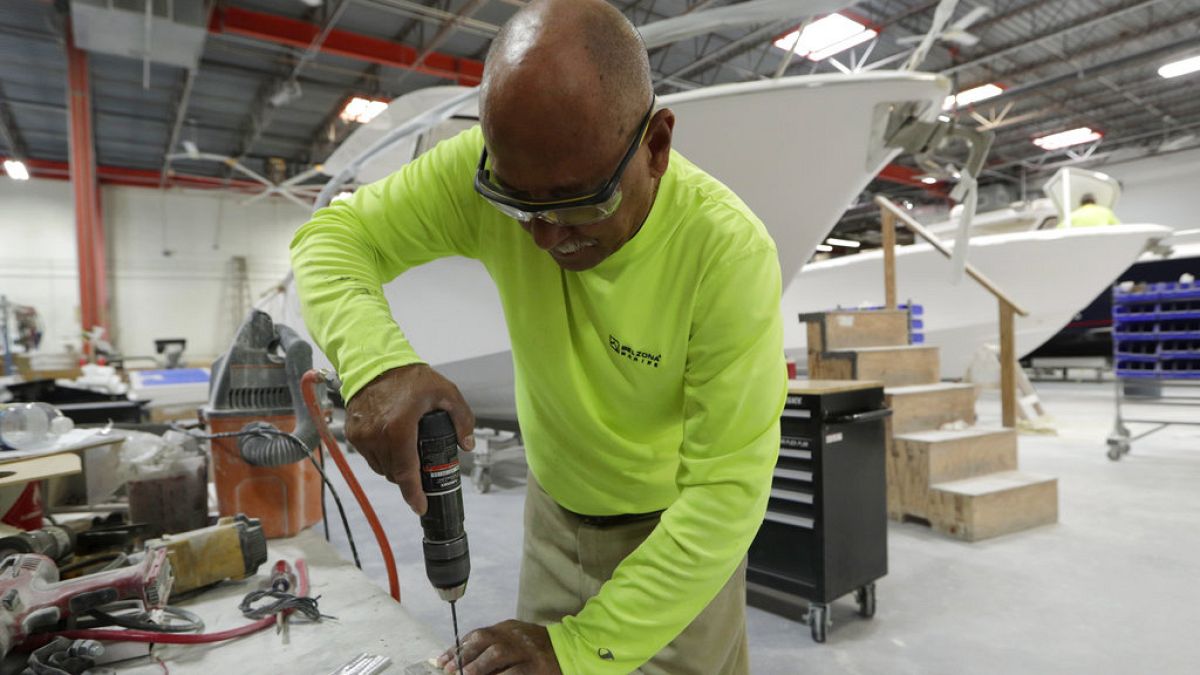
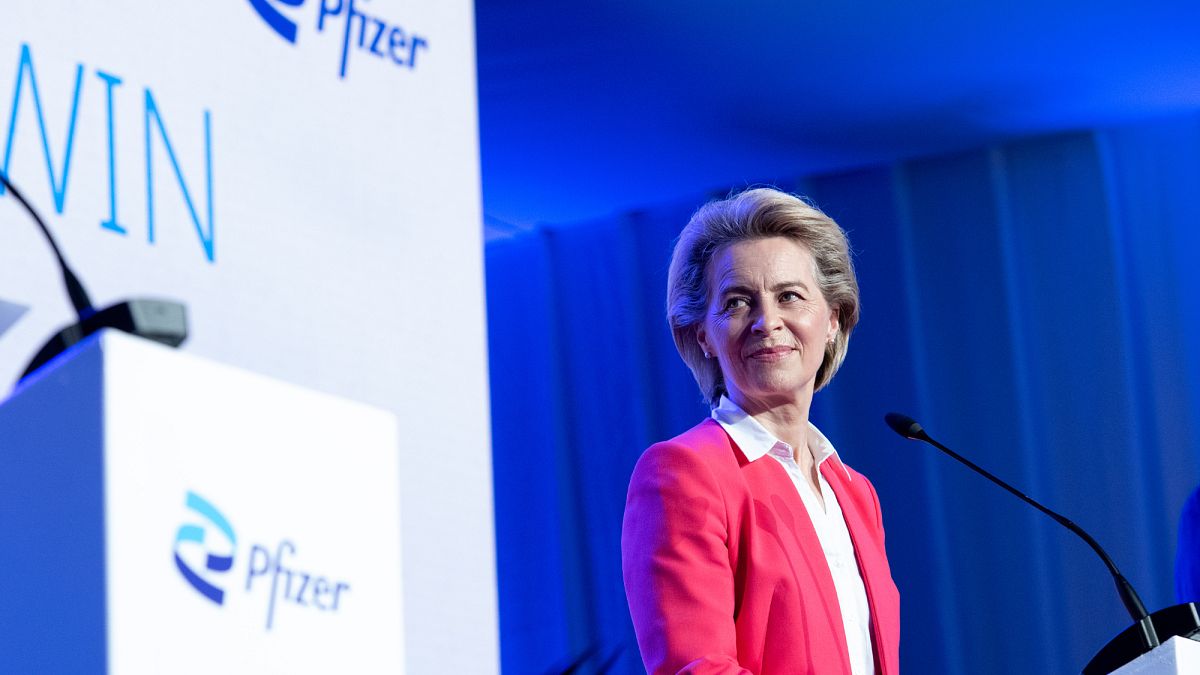
 We deliver critical software at unparalleled value and speed to help your business thrive
We deliver critical software at unparalleled value and speed to help your business thrive






 English (US) ·
English (US) ·